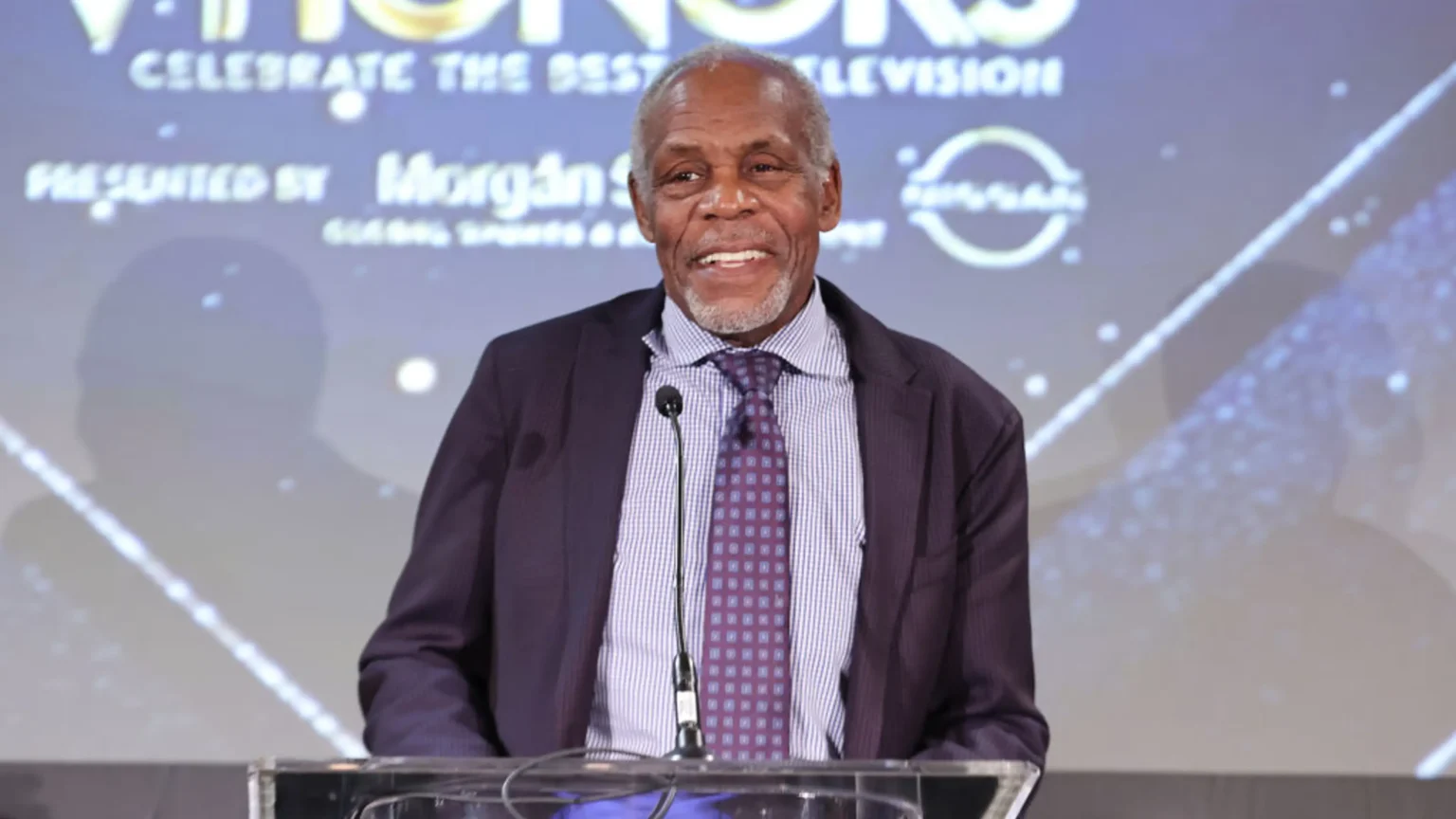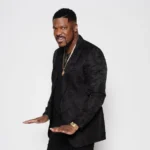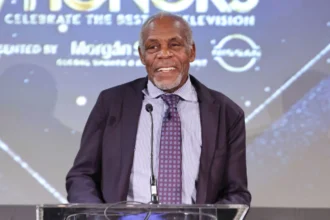From blockbuster films to the frontlines of social justice, Danny Glover has built a remarkable career that spans more than four decades—defined not just by his memorable roles, but by his passionate activism. Known for starring in classics like The Color Purple, Lethal Weapon, and To Sleep with Anger, Glover’s legacy is as much about what he’s done offscreen as it is about his on-screen success.
Early Life and Unexpected Path to Stardom
Born on July 22, 1946, in San Francisco, California, Danny Lebern Glover was raised in a household deeply rooted in civil rights advocacy. The son of postal workers active in the NAACP, Glover grew up with a strong sense of justice and community. Surprisingly, he didn’t begin his journey as an actor—instead, he trained to become a city administrator after graduating from San Francisco State University.
His passion for acting emerged later, through work at the American Conservatory Theater, which led him to the stage and ultimately to a screen career that began in his 30s—a relatively late start by Hollywood standards, but one that would prove immensely impactful.
Hollywood Breakthrough and Iconic Roles
Glover’s breakout role came in Steven Spielberg’s The Color Purple (1985), where he portrayed the complex character Mister. That same year, he starred in Witness and Silverado, demonstrating his range across genres.
In 1987, he solidified his place in pop culture history as Sergeant Roger Murtaugh in the hit action film Lethal Weapon. Paired with Mel Gibson’s chaotic Martin Riggs, Glover’s character was a grounded, family-oriented counterbalance, and his now-iconic line, “I’m too old for this s**,”* became a cinematic catchphrase. The film’s success spawned three sequels and cemented Glover as a leading man in the action genre.
What set him apart, however, was his ability to bring empathy and complexity to roles that could have been one-dimensional. Whether playing a tough cop, a grieving father, or a charismatic drifter, Glover always found the humanity in his characters.
A Career Reflecting the Black Experience
Glover consistently chose roles that explored social and historical themes. His performance in Charles Burnett’s To Sleep with Anger (1990) remains one of his most acclaimed, offering a nuanced look at Black Southern identity. From Beloved to The Killing Floor, Glover has often used film to challenge injustice and elevate Black stories.
Even in mainstream family films like Angels in the Outfield, or animated features like Antz, Glover maintained a sense of dignity and intentionality in his work.
Activism: A Lifelong Mission
Beyond the screen, Glover is a fierce advocate for human rights, labor movements, and global justice. He’s worked alongside unions like UNITE HERE and SEIU, championed African and Caribbean sovereignty, and condemned U.S. interventionism in foreign nations.
He co-founded Louverture Films, a production company dedicated to socially conscious storytelling. His activism has taken him around the globe—from protests in the U.S. to advocacy work in Haiti and Latin America. He has even been arrested for participating in peaceful demonstrations, underscoring his commitment to walk the talk.
Honors and Legacy
In 2022, Glover was awarded the Jean Hersholt Humanitarian Award at the Oscars, honoring both his contributions to film and his global humanitarian efforts.
Despite being in his late 70s, Glover remains active in film, appearing in titles like Sorry to Bother You, Jumanji: The Next Level, and The Last Black Man in San Francisco. He continues to support young filmmakers and artists of color, proving that leadership doesn’t fade with age—it deepens.
Conclusion: More Than a Movie Star
Danny Glover isn’t just a movie star. He’s a movement. His career is a blueprint for how celebrity can be used not just for fame, but for impact—how art and activism can exist not in conflict, but in harmony.
In an industry often driven by box office numbers and celebrity culture, Glover has chosen a higher calling: truth, justice, and humanity. Whether delivering lines on a film set or speaking out at a protest, he remains one of the most respected voices of our time.









